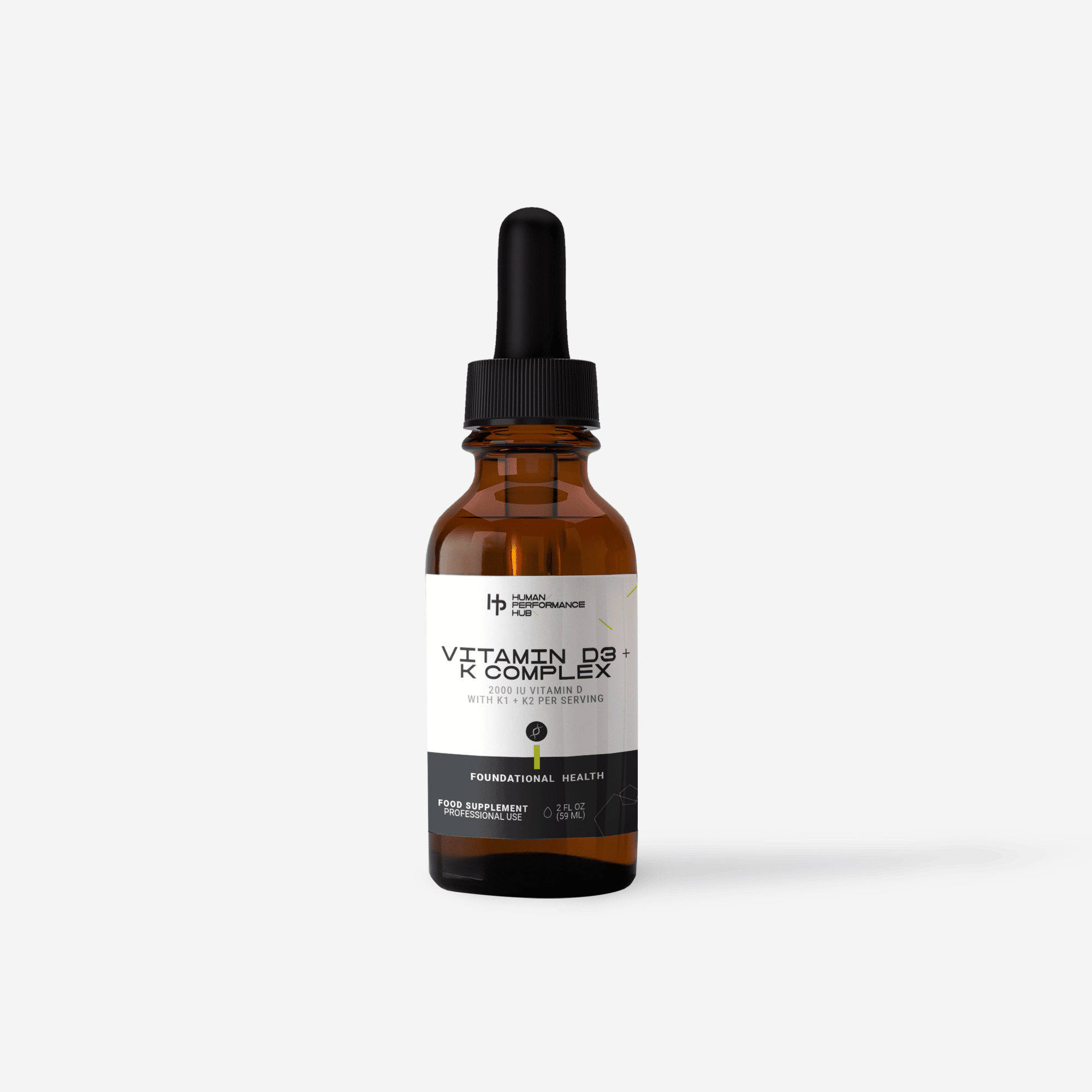Sunlight is the best-known source of vitamin D, and hence vitamin D has earned the nickname as the ‘sunshine vitamin’. It has importance across various aspects of our health, but in particular, it helps boost the immune system, supports neurological health, builds strong bone and teeth health, fights cancers, nourishes the heart and is vital to health.
It has been suggested that light skin may be a consequence of human migration and the rise of agriculture. The argument is that hunter-gathers got a lot of their vitamin D from fish and game and that these inputs fell when people started growing crops, especially as they moved into the northern latitudes. Therefore, it became a great advantage to have lighter skin and synthesise extra vitamin D.
In the typical modern lifestyle, you may work most of the day indoors, be exposed to high stress, not consume a wide enough variety of nutrients in your diet and sleep poorly. These can all impact your health, and they certainly decrease your vitamin D levels; therefore, supplementing vitamin D is an essential foundation.
An American study in 2011 found the overall prevalence of vitamin D deficiency was 41.6%, and in specific populations, this was even higher. The study further commented on the potential link between deficiency and various illnesses, highlighting the importance of vitamin D.
Vitamin D and Neurological Health
Vitamin D is known to have a vital role within the nervous system. Research shows emerging evidence that low vitamin D levels are linked with neurological health and cognitive performance (3,4).
Some conditions that have shown links are Parkinson’s, Multiple Sclerosis, Alzheimer’s and Dementia. In addition, there are also links between vitamin D and depression and mood.
Bone Health
Vitamin D is essential for bone health since it helps bring calcium into bones; calcium forms some of the main structures to the bone, so vitamin D (along with vitamin K) help brings this into the bones.
Immunity
While Vitamin D has been known to affect the skeletal system for some time, it has emerged that there is a wealth of emerging evidence for its effects on the immune system (7).
Without diving into complex biology, vitamin D can modulate the activity of cells within the immune system, for example, reducing pro-inflammatory responses. (6). It has been shown that autoimmune diseases such as Multiple Sclerosis and Rheumatoid Arthritis are associated with a deficiency in vitamin D. Furthermore, optimising Vitamin D status for enhanced immuno-protection against a virus-like COVID-19 (9).
The Link Between Vitamin D and Vitamin K
While vitamin D is better known, it is less known that vitamin K is needed to improve calcium absorption into bone tissue. So a good vitamin D supplement will also contain K and, more specifically, K2, which is the most absorbable of vitamins K1, K2 and K3.
Think of vitamin K as the thing that draws and brings calcium to the bones to be absorbed. Vitamin D by itself is still, of course, beneficial and will prevent you from being deficient. However, vitamin K is needed to ensure optimal calcium uptake, and also it provides some cardiovascular benefits. Here is my other article: Everything you need to know about Vitamin K for further reading.
Lifestyle Impact on Vitamin D
Your lifestyle can significantly impact your vitamin D levels; being in hotter climates nearer the equator, working outdoors, and using moderate amounts of sunscreen will all affect how much vitamin D you get.
Working indoors restricts the amount of sunlight your skin will receive, try to get outside as much as you can on breaks or before and after work. With sunlight being a primary source of vitamin D, there needs to be a careful balance between getting enough ultraviolet B (UVB) light from the sun, which stimulates vitamin D production through the skin and not getting skin damage. One study (8) found that by replicating a climate similar to the UK, you would need 13 minutes of sunlight to have sufficient vitamin D levels; this means that you would need 30 minutes or more to get better levels of exposure.
Similarly, long sleeves and trousers can block UVB rays to the skin, so when you get the chance to be out in the sun, make sure you allow your skin to soak it up for a moment.
Vitamin D Supplementation
Firstly, it is a great idea to do basic vitamin D testing. A simple pinprick blood test will be able to identify your vitamin D levels. This can then help you determine whether you need to increase or maintain your vitamin D levels how much to supplement. A good testing resource is Vitamindtest, a National Health Service (NHS) facility in Birmingham, England, that provides affordable and straightforward testing.
What’s a good level? In the range of 75-125ng/ml is ideal; staying around 100 is perfect. Below 75 and you could well be deficient, while going above 125 could cause toxicity.
Vitamin D dosage is measured in International Units (IU’s). To increase your levels, it is recommended you take up to 10,000 IU’s per day, whilst to maintain your levels, 4-5,000 IU’s per day is enough. So make sure you check how many IU’s are in the supplement you are taking to determine the dose you need, and also choose a supplement that suits your levels best.
each dose is 2000 IU’s, also contains vitamins K1 and K2.
Designs for Health D-Evail 10K
– each capsule is 10,000 IU’s, ideal for increasing vitamin D levels.
Vitamin D and K are fat-soluble vitamins, meaning they can merge and join with fats. Therefore, we recommend taking D3+K with a protein and fats breakfast to maximise effecmaximise. Here is an article from the Foundation series for further reading about nutrition.
Conclusion
Vitamin D is an important topic within nutrition and health. This article has provided a short synopsis of its importance and some practical recommendations to ensure you have sufficient levels. Vitamin D is a key part of our health, and supplementation of this vitamin should be considered a staple. Of course, as and when the opportunity to get some sunshine appears to take the chance to get some rays and the health benefits!
Consultations
We’re always here to help. If you have any questions or would like advice about supplements, nutrition, or training, please book in for a consultation.
Disclaimer
Always speak with your physician or other healthcare professionals before making any nutritional & lifestyle changes or before taking any nutritional supplement. For more information, please view our terms & conditions.
Further Reading and References
- Prevalence and correlates of vitamin D deficiency in US adults.
- Vitamin D for Good Bone Health
- Vitamin D and neurocognitive function.
- Vitamin D, cognitive dysfunction and dementia in older adults.
- The Synergistic Interplay between Vitamins D and K for Bone and Cardiovascular Health: A Narrative Review
- Vitamin D and the Immune System
- An update on vitamin D and human immunity
- Recommended summer sunlight exposure levels can produce sufficient….. at UK.
- Optimisation oOptimisationstatus for enhanced immuno-protection against COVID-19









